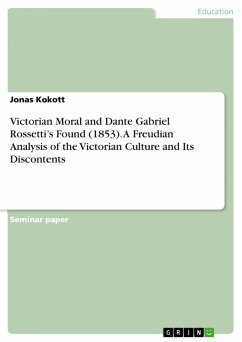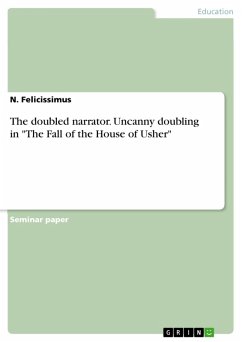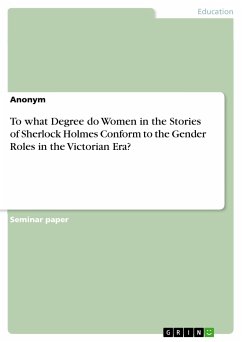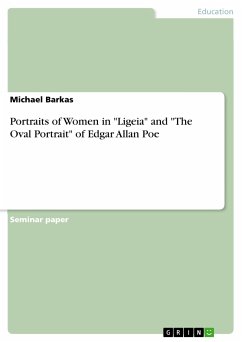Seminar paper from the year 2021 in the subject Didactics for the subject English - Literature, Works, grade: 1,3, Humboldt-University of Berlin (Institut für Anglistik und Amerikanistik), course: Pre-Raphaelite Sensualities, language: English, abstract: The artistic emblazonment of female guilt makes for a compelling opportunity to provide a paper with a Freudian viewpoint on the Victorians moral and the "Fallen Woman", an approach this paper sets out to follow through. During the analysis, wide-spread literature and artworks produced during the Victorian era will be consulted and, lastly, the notion of guilt is going to be elaborated and put into context on Dante Gabriel Rossetti's Found (1853). Concerns about the modernizing world causing social turmoil was germane to Victorian belief. In 1840, psychiatrist Forbes Winslow plainly declared that "insanity, in all its phases, marches side by side with civilisation" and while the unprecedented industrial revolution enabled prosperity and political power to a vastly expanding bourgeoise, the Victorian era must be also referred to as a precarious period of clashing social and sexual contrasts. While the middle-class helped to shape Victorian moral by cultivating ideas of a peaceful suburban home, self-discipline and chastely womanhood, Victorians constantly feared an imminent collapse of their society. Especially the overpopulated and dirty cities were viewed as potential breeding grounds for chaos due to increasing poverty and rising numbers of "Fallen Women", most of them being prostitutes. Victorian artists produced a myriad of paintings that centred around the tragic fate of "Fallen Women" that were primarily depicted as guilt-ridden outcasts. The representation of guilt as consequence of immoral behaviour seemed to be the artistic intersection of aforementioned colliding contrasts. Here, a bourgeoise audience was able to safely assure themselves of their own inviolable morals by 'witnessing' sinful female behaviour and the accompanying repercussions on canvas. From a psychoanalytical perspective, the notion of guilt that the Victorians were eager to a to the prostitute deserves attention. In Civilization and Its Discontents, Sigmund Freud argued that sense of guilt "is the most important problem in the evolution of culture " and "that the price of progress in civilization is paid in forfeiting happiness through the heightening of the sense of guilt".
Dieser Download kann aus rechtlichen Gründen nur mit Rechnungsadresse in A, B, BG, CY, CZ, D, DK, EW, E, FIN, F, GR, HR, H, IRL, I, LT, L, LR, M, NL, PL, P, R, S, SLO, SK ausgeliefert werden.









